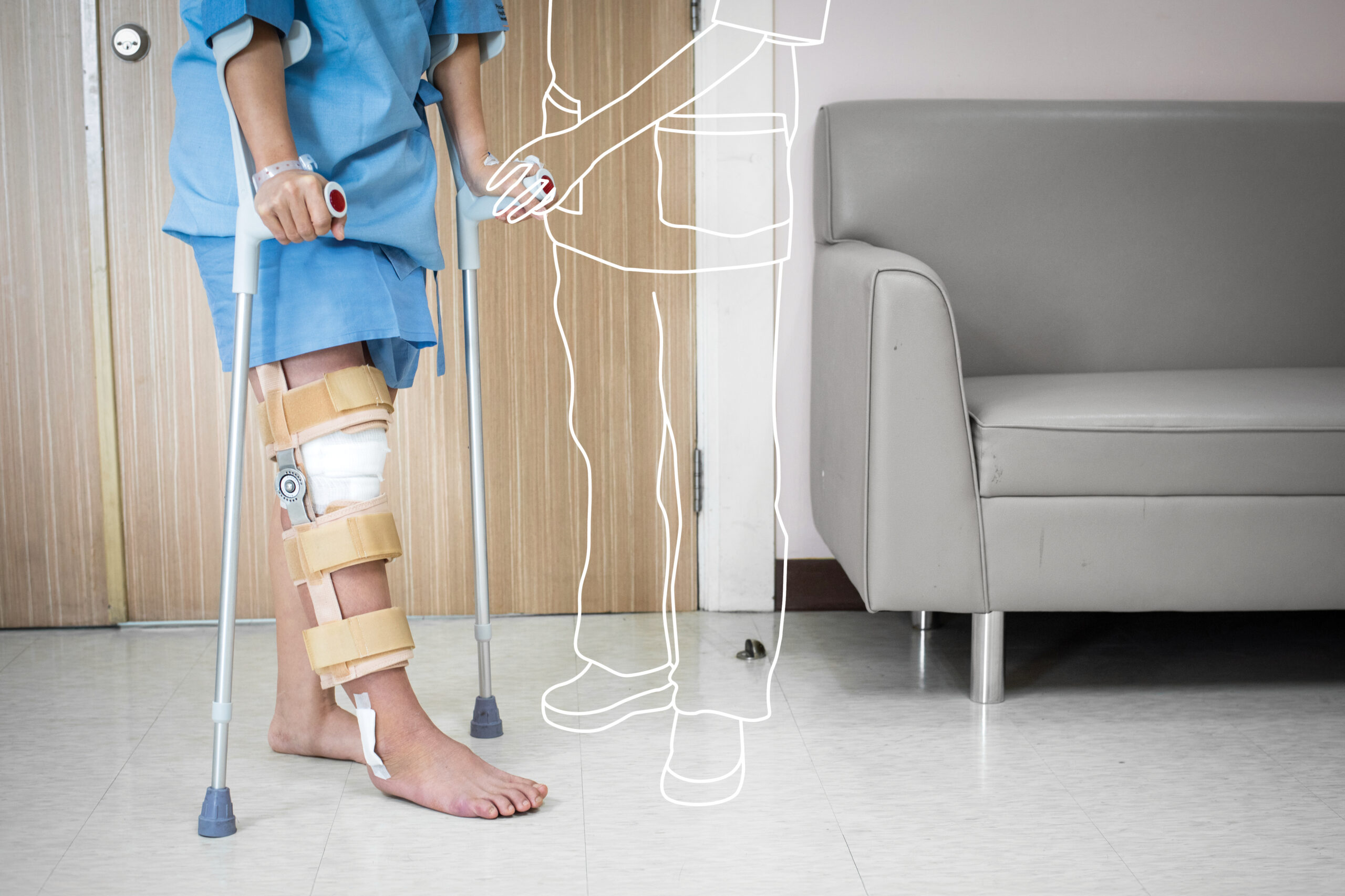We don’t choose when to become ill. Accidents can happen unexpectedly. Safety comes from knowing that care and assistance are available when needed. It must be easy to contact health care providers when we fall ill, regardless of where we live. SFP want primary health care to be found as close to people as possible. The whole society benefits from people receiving aid and support as soon as they need them.
For us it is important to pay attention to the role of preventive and rehabilitative health care. Services must be accessible and suited to their purpose. The support functions of rehabilitation and preventive health care are needed to increase well-being, as well as social and physical functionality. Rehabilitation and preventive health care also help to reduce the overall cost of health care. The most effective care is that which prevents illnesses and problems from arising in the first place. Therefore it is self-evident that even undocumented migrants must have access to health care.
SFP wants:
- to ensure there are accessible social and health care services in all municipalities
- to shorten waiting lists with the help of service vouchers, digital services and increased numbers of doctors and carers, among other measures
- to create a system of named doctors and named nurses, as care by known faces generates a feeling of safety
- to see investments in digital services and mobile solutions, such as health buses, with the aim of improving access to care in the countryside and the archipelago, among others
- to see resources for combating mental illness being increased at health centres
- to ensure wellbeing services counties aim towards providing primary health care seven days a week, including mental health services
- dental health and hygienist’s services to be available as needed
- wellbeing services counties to offer short-term psychotherapy or corresponding psychosocial services, either through their own operations, as contracted services or via service vouchers
- to see diverse types of low-threshold services, including chat facilities and emergency helplines
- to ensure differences between women’s and men’s health are taken into account in health care
- to have the age range for free breast cancer screenings expanded to between 40 and 74 years of age
- to have menopause advice provided by public health care
- to ensure the right of undocumented migrants to health care
- to prevent cervical cancer by ensuring that screening invitations are sent out on time





